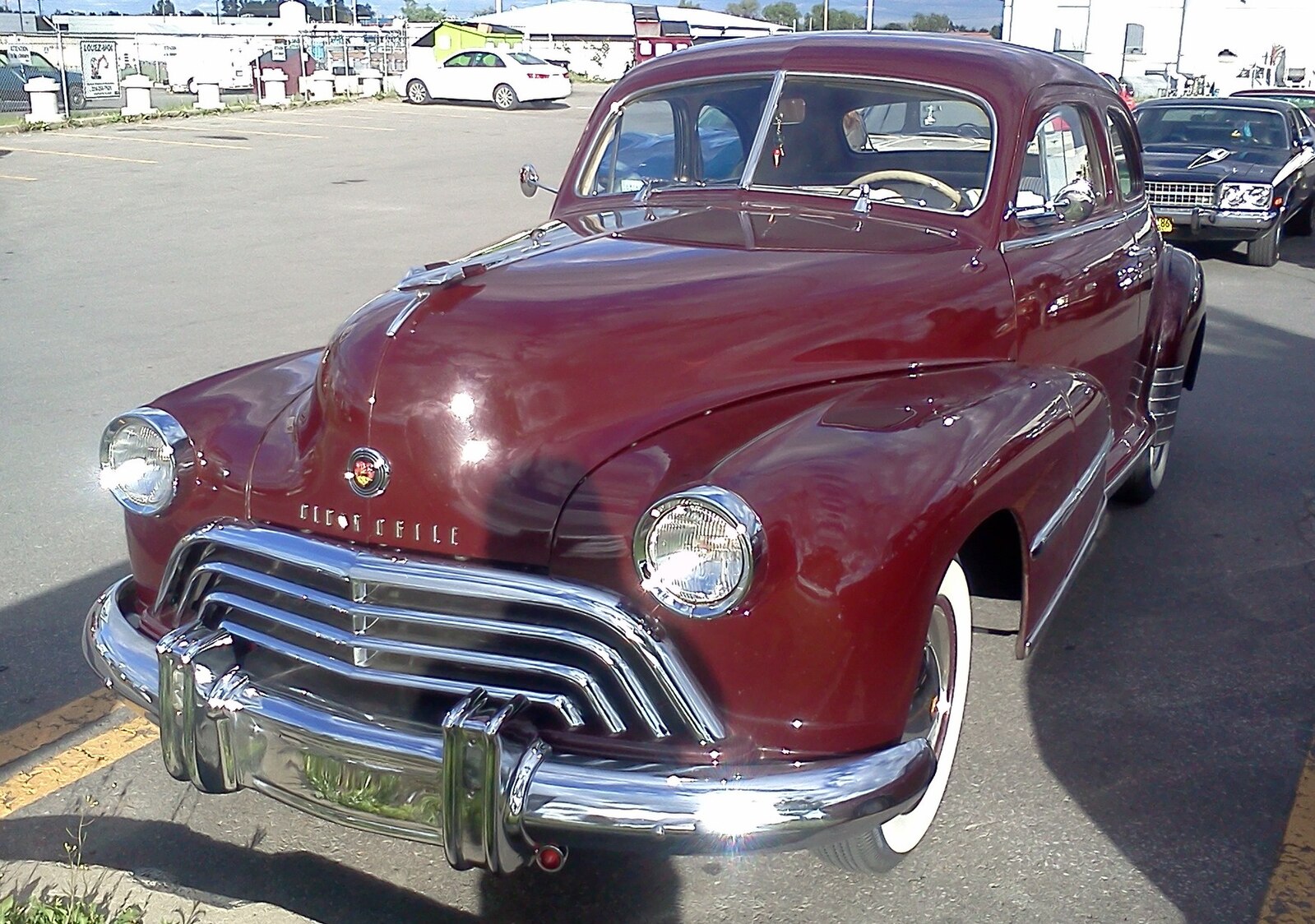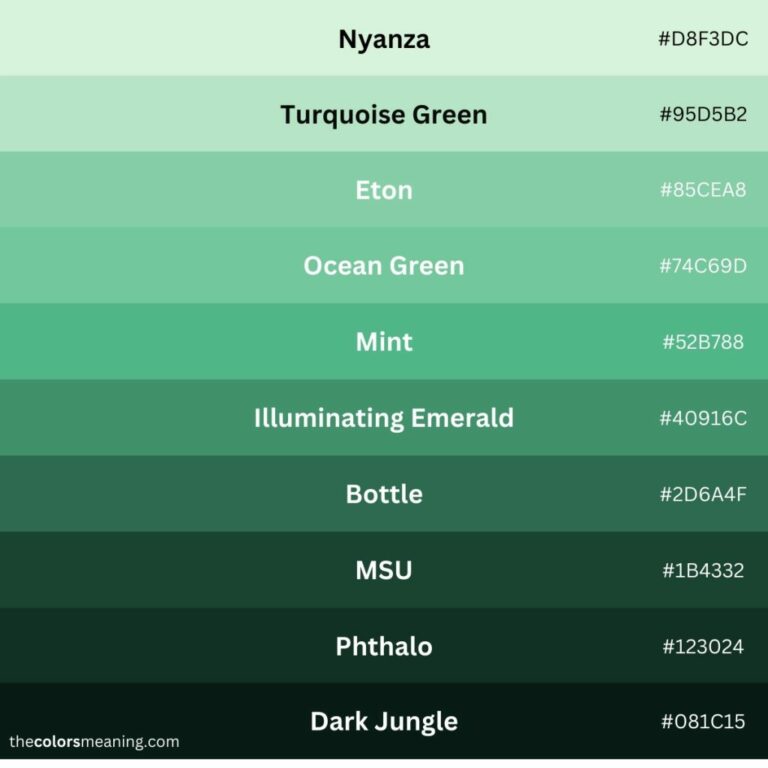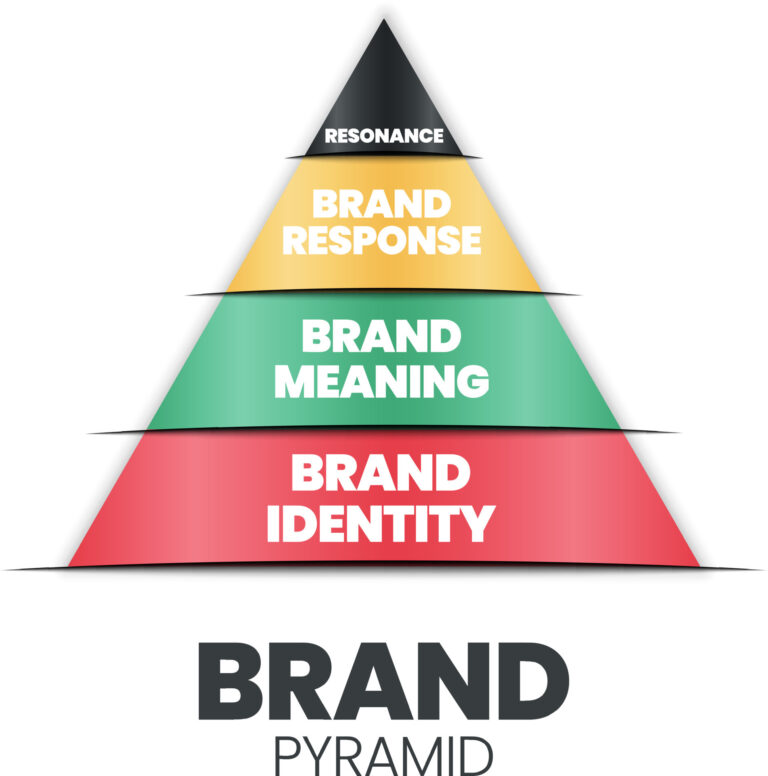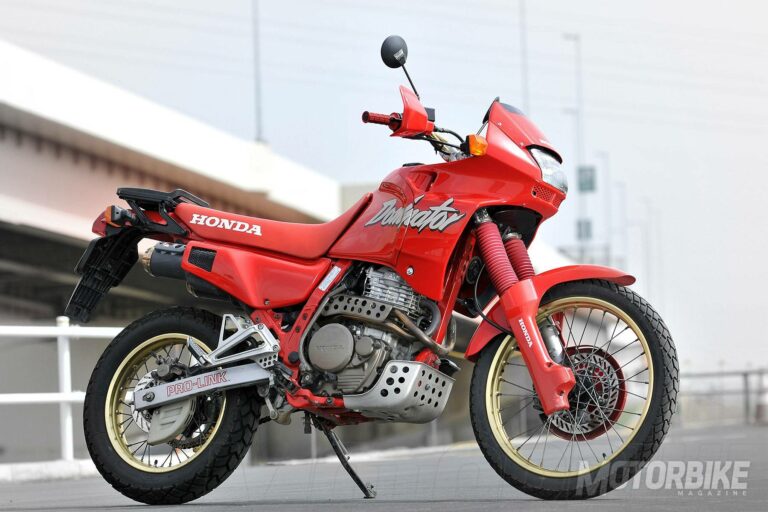Classic Car Brands: A Timeless Legacy on Wheels
Classic Car Brands: A Timeless Legacy on Wheels cars.truckstrend.com
The roar of an engine, the gleam of polished chrome, the unmistakable lines of a bygone era – classic cars are more than just vehicles; they are rolling sculptures, testaments to human ingenuity, and tangible links to automotive history. At the heart of this passion lies the enduring legacy of Classic Car Brands. These are the marques that not only shaped the automobile industry but also left an indelible mark on culture, design, and performance, etching their names into the annals of time.
A classic car brand isn’t merely one that produced cars a certain number of years ago. It’s a designation reserved for manufacturers whose vehicles have transcended mere transportation to become icons, appreciated for their rarity, historical significance, aesthetic appeal, and the sheer passion they evoke. From pioneering innovations to groundbreaking designs and legendary performance, classic car brands represent the pinnacle of automotive artistry and engineering from their respective eras. Understanding these brands is key to appreciating the rich tapestry of automotive heritage and for anyone considering venturing into the rewarding world of classic car ownership.
Classic Car Brands: A Timeless Legacy on Wheels
The Allure of Automotive Heritage: What Makes a Brand "Classic"?
Defining what makes a car—and by extension, a brand—"classic" can be subjective, but generally, several criteria apply. While age is a primary factor (often cited as 25 years or older by insurance companies and clubs), it’s not the sole determinant. A true classic car brand consistently produced vehicles that stood out for:
- Historical Significance: Did the brand introduce revolutionary technology, redefine a vehicle segment, or play a significant role in major events (like racing or cultural shifts)?
- Design Influence: Did their cars set trends, influence future automotive styling, or possess an aesthetic quality that remains timeless and highly regarded?
- Rarity and Exclusivity: Limited production runs or models that are difficult to find often elevate a brand’s classic status.
- Collectibility and Desirability: The ongoing demand and high value placed on a brand’s vintage models by enthusiasts and collectors are strong indicators.
- Craftsmanship and Engineering: A reputation for quality construction, innovative engineering, and meticulous attention to detail contributes immensely to a brand’s enduring appeal.
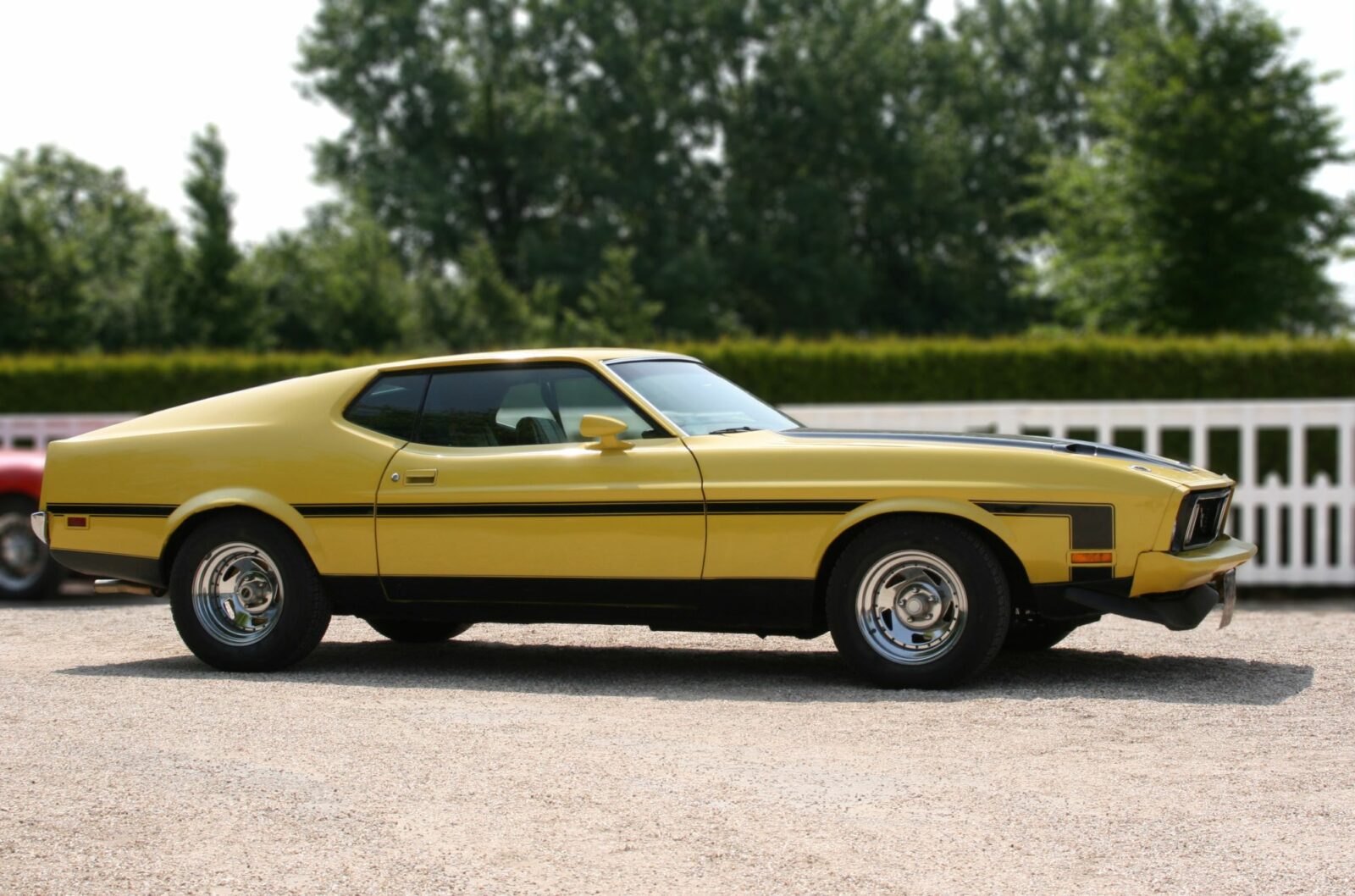
Distinguishing "classic" from "vintage" (typically 1919-1930) or "antique" (pre-1919) is important. Classic cars often represent the post-war boom through the muscle car era and beyond, encompassing a wide range of styles and performance levels, from elegant grand tourers to raw, powerful machines.
Pioneers of the Pavement: Iconic American Classic Car Brands
American classic car brands are synonymous with innovation, mass production, and a unique blend of power and style. They captured the spirit of a burgeoning nation and democratized the automobile.
- Ford: The brand that put the world on wheels. From the utilitarian Model T, which revolutionized manufacturing with the assembly line, to the iconic Mustang, which created the "pony car" segment, Ford’s classics represent accessibility and innovation. The Thunderbird also holds a special place as an early personal luxury car.
- Chevrolet: A titan of American motoring, Chevrolet is renowned for its diverse range, from everyday family cars to high-performance legends. The Corvette, America’s sports car, has been an icon since its inception, continually pushing performance boundaries. The Bel Air and other models from the 1950s defined an era of optimistic design and widespread car ownership.
- Cadillac: The epitome of American luxury and innovation. Cadillac consistently introduced groundbreaking features like electric starters, synchronized transmissions, and tailfins that became cultural symbols. Their grand, opulent designs from the 1940s through the 1960s are highly sought after.
- Dodge/Plymouth (Chrysler Corporation): These brands are legendary for their muscle cars, packing massive Hemi engines into production vehicles. Models like the Dodge Charger, Challenger, and Plymouth Barracuda and Road Runner represent the raw power and rebellious spirit of the late 1960s and early 1970s, making them highly desirable classics.
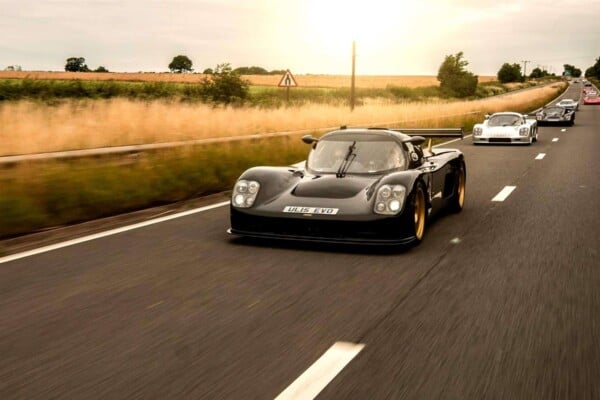

Elegance and Engineering: European Classic Car Brands
Europe has given the world some of the most exquisite, performance-oriented, and luxurious classic car brands, often characterized by bespoke craftsmanship and racing heritage.
- Italian Maestros:
- Ferrari: Synonymous with speed, passion, and unparalleled racing success. Models like the 250 GTO, Daytona, and 308 GTB are automotive art, blending stunning design with high-revving V12 engines.
- Lamborghini: Known for its audacious designs and powerful V12s, challenging Ferrari’s dominance. The Miura and Countach are quintessential exotic classics.
- Alfa Romeo: Celebrated for its sporting heritage, beautiful designs, and engaging driving dynamics. The Giulia Sprint GT and Spider are beloved for their nimble handling and distinctive style.
- Maserati: Blending luxury with sporting prowess, Maserati produced elegant grand tourers and powerful racing cars. Models like the Ghibli and 3500 GT showcase Italian flair.
- German Precision:
- Mercedes-Benz: A pioneer of the automobile itself, Mercedes-Benz is renowned for engineering excellence, robust build quality, and timeless luxury. The 300SL Gullwing is an undisputed masterpiece, while the "Pagoda" SLs and early S-Class models are highly prized.
- Porsche: The ultimate sports car brand, famed for its rear-engined 911. Early air-cooled 911s, 356s, and even the transaxle models like the 928 and 944 are highly collectible for their driving purity and mechanical integrity.
- BMW: Known for its "ultimate driving machine" philosophy, BMW classics like the 2002 and early 3-Series (E30) are celebrated for their balanced handling, responsive engines, and driver engagement.
- British Sophistication:
- Rolls-Royce & Bentley: The epitome of ultimate luxury, bespoke craftsmanship, and silent power. Models like the Silver Ghost, Phantom, and Corniche represent unparalleled opulence. Bentley, while sharing a lineage, often retained a sportier edge.
- Jaguar: Famous for its blend of sporting performance and elegant design. The E-Type is often cited as one of the most beautiful cars ever made, while earlier XK models and saloons like the Mk2 offer classic British charm.
- Aston Martin: Synonymous with refined power, luxury, and its iconic association with James Bond. The DB5 is arguably the most famous classic Aston Martin, embodying British cool.
- MG & Triumph: These brands made open-top sports cars accessible to the masses, particularly in North America. The MGB and Triumph TR6 are beloved for their simplicity, direct driving feel, and affordability.
Rising Sun Legends: Japanese Classic Car Brands
While generally younger than their American and European counterparts, certain Japanese brands have produced vehicles that are rapidly achieving classic status, particularly from the 1970s, 80s, and 90s, celebrated for their reliability, technological innovation, and performance potential.
- Toyota: The 2000GT is a rare and stunning example of early Japanese supercar ambition. More recently, performance models like the Supra (especially the A80 generation) and the AE86 Corolla have become highly sought-after classics due to their tuning potential and pop culture significance.
- Nissan (Datsun): The Z-cars (240Z, 260Z, 280Z) were groundbreaking for offering sports car performance at an affordable price. The Skyline GT-R series, particularly from the R32 to R34 generations, has achieved legendary status for its advanced AWD system and immense tuning capabilities, often dubbed "Godzilla."
- Honda: Known for its high-revving engines and engineering prowess. The NSX, developed with input from Ayrton Senna, challenged Ferrari and Porsche with its exotic looks and reliable performance. The S2000 is also a modern classic for its incredible F20C engine and precise handling.
Beyond the Badge: Factors Influencing Classic Car Value and Collectibility
While the brand itself is a huge draw, several factors determine a classic car’s true value and desirability:
- Rarity and Production Numbers: Limited edition models or those produced in small quantities often command higher prices.
- Originality vs. Restoration: Highly original cars with matching numbers (engine, chassis, etc.) are often more valuable than fully restored examples, though a professional, period-correct restoration can significantly enhance value.
- Condition: Graded on a scale (e.g., Concours, Excellent, Good, Fair, Project), condition is paramount. A pristine example will always fetch a premium.
- Provenance: A documented history of ownership, significant racing pedigree, or celebrity ownership can dramatically increase a car’s value and appeal.
- Market Trends: Like any asset, classic car values fluctuate. Staying informed about current market demand for specific models and brands is crucial.
Acquiring Your Dream Classic: Tips for Aspiring Collectors
Embarking on the journey of classic car ownership is exciting, but requires careful consideration:
- Research Thoroughly: Before you buy, deep-dive into the specific model you’re interested in. Understand its common issues, maintenance requirements, parts availability, and historical pricing trends. Join online forums and owner clubs.
- Set a Realistic Budget: This isn’t just the purchase price. Factor in potential restoration costs, ongoing maintenance, insurance, storage, and specialized tools.
- Seek Expert Advice: Do not buy a classic car without a pre-purchase inspection (PPI) by a reputable mechanic specializing in that marque. Their experienced eye can spot hidden problems that could cost a fortune.
- Understand the Commitment: Classic cars often require more time, patience, and mechanical aptitude than modern vehicles. They are a hobby, not just transportation.
- Network: Connect with other enthusiasts. Car shows, club meetings, and online communities are invaluable sources of information, advice, and potential leads for cars or parts.
The Joys and Challenges of Classic Car Ownership
Owning a classic car from a revered brand is a unique experience, offering distinct pleasures alongside potential hurdles.
Benefits:
- Driving Experience: Unfiltered, mechanical, and engaging. Classics offer a raw connection to the road that modern cars often lack.
- Community: The classic car world is a vibrant, supportive community. Owners share a common passion, offering camaraderie, advice, and friendships.
- Investment Potential: While not guaranteed, many classic cars, particularly from top-tier brands, have proven to be strong appreciating assets, outperforming traditional investments.
- Historical Connection: Owning a piece of automotive history allows you to experience the engineering and design philosophies of a past era.
- Pride of Ownership: The sheer joy and satisfaction of preserving, driving, and showing a beautiful piece of machinery is immeasurable.
Challenges and Solutions:
- Maintenance and Parts Availability: Older cars require more frequent and specialized maintenance. Parts can be scarce or expensive.
- Solution: Build relationships with specialist mechanics and parts suppliers. Many companies now reproduce classic car parts.
- Fuel Efficiency and Modern Safety: Classics lack modern safety features (airbags, ABS, crumple zones) and are generally less fuel-efficient.
- Solution: Drive defensively, be aware of limitations, and enjoy them for leisure, not daily commuting. Modern upgrades (like disc brakes or electronic ignition) can improve usability while maintaining classic aesthetics.
- Storage: Proper storage is crucial to prevent rust and deterioration.
- Solution: A dry, secure, climate-controlled garage is ideal. Consider dehumidifiers or car covers.
- Insurance: Standard auto insurance may not cover the true value of a classic.
- Solution: Obtain specialized classic car insurance, which often offers "agreed value" policies, ensuring you’re paid what the car is worth in case of total loss.
Classic Car Brand Representative Models & Estimated Value Guide
Please note: Values are highly variable based on condition, rarity, provenance, market demand, and specific year/trim. These are broad estimates for well-maintained, desirable examples. "N/A" for "Era/Approx. Year Range" indicates a broader, continuous classic output.
| Brand | Representative Model | Era/Approx. Year Range | Key Characteristics | Estimated Market Value (USD) |
|---|---|---|---|---|
| Ford | Mustang (1st Gen) | 1964-1973 | Iconic "pony car," mass appeal, customizable | $25,000 – $150,000+ |
| Chevrolet | Corvette C1/C2 | 1953-1967 | America’s sports car, fiberglass body, performance | $50,000 – $500,000+ |
| Cadillac | Eldorado (1950s/60s) | 1953-1966 | Large luxury, iconic tailfins, opulent design | $40,000 – $200,000+ |
| Dodge | Charger R/T | 1968-1970 | Muscle car legend, powerful V8s, aggressive styling | $60,000 – $300,000+ |
| Ferrari | 308 GTB/GTS | 1975-1985 | Iconic V8 mid-engine, accessible Ferrari classic | $70,000 – $150,000+ |
| Lamborghini | Miura | 1966-1973 | First true supercar, stunning design, V12 | $800,000 – $2,000,000+ |
| Mercedes-B. | 300SL Gullwing | 1954-1957 | Engineering marvel, racing pedigree, iconic doors | $1,000,000 – $2,000,000+ |
| Porsche | 911 (early air-cooled) | 1964-1973 | Definitive sports car, rear-engine, pure driving | $80,000 – $300,000+ |
| Jaguar | E-Type | 1961-1974 | Arguably one of the most beautiful cars ever made | $70,000 – $350,000+ |
| Aston Martin | DB5 | 1963-1965 | James Bond icon, British luxury grand tourer | $700,000 – $1,500,000+ |
| Toyota | 2000GT | 1967-1970 | First Japanese supercar, rare, elegant design | $700,000 – $1,200,000+ |
| Nissan | Datsun 240Z | 1969-1978 | Affordable, reliable sports car, Japanese icon | $30,000 – $100,000+ |
Frequently Asked Questions (FAQ) about Classic Car Brands
Q1: What exactly defines a classic car?
A1: While definitions vary, a classic car is generally considered to be 25 years or older, distinguished by its historical significance, unique design, and enduring collectibility rather than just its age.
Q2: Are classic cars good investments?
A2: Many classic cars, especially from reputable brands and in excellent condition, have shown significant appreciation over time. However, it’s not guaranteed, and factors like maintenance costs, storage, and market fluctuations must be considered. It’s often more about passion than pure financial return.
Q3: Where can I buy a classic car from these brands?
A3: Reputable classic car dealerships, specialized auction houses (e.g., RM Sotheby’s, Barrett-Jackson), online marketplaces (e.g., Bring a Trailer, Hemmings), and enthusiast clubs are common sources.
Q4: How do I insure a classic car?
A4: You need specialized classic car insurance, which differs from standard policies. These policies often offer "agreed value" coverage, lower premiums (due to limited mileage), and specific coverage for restoration or in-transit damage.
Q5: Are classic cars reliable for daily driving?
A5: Generally, no. While some classics can be made more reliable with modern upgrades, they are typically less reliable, less fuel-efficient, and lack the safety features of modern vehicles. They are best enjoyed for weekend drives, shows, and special occasions.
Q6: What are the most popular classic car brands for beginners?
A6: Brands like Ford (early Mustangs, F-100 trucks), Chevrolet (C10 pickups, early Impalas), MG (MGB), Triumph (TR6), and early Datsun Z-cars often offer a good balance of affordability, parts availability, and strong enthusiast communities.
Q7: How do I maintain a classic car?
A7: Regular maintenance by a specialist mechanic is crucial. This includes fluid changes, checking for rust, inspecting electrical systems, and addressing any issues promptly. Joining an owner’s club provides access to invaluable knowledge and resources for specific models.
Conclusion
The world of Classic Car Brands is a captivating realm where engineering prowess meets artistic expression. From the roaring muscle cars of America to the elegant grand tourers of Europe and the innovative sports cars of Japan, these brands represent pinnacles of automotive history, each with a unique story to tell. Owning a classic car is more than just possessing a vehicle; it’s an immersive experience, a connection to a rich past, and an entry into a passionate global community. While it demands commitment, the sheer joy, historical significance, and potential appreciation offered by these timeless machines make the journey incredibly rewarding. The legacy of classic car brands will continue to inspire, fascinate, and captivate generations of enthusiasts for years to come.
